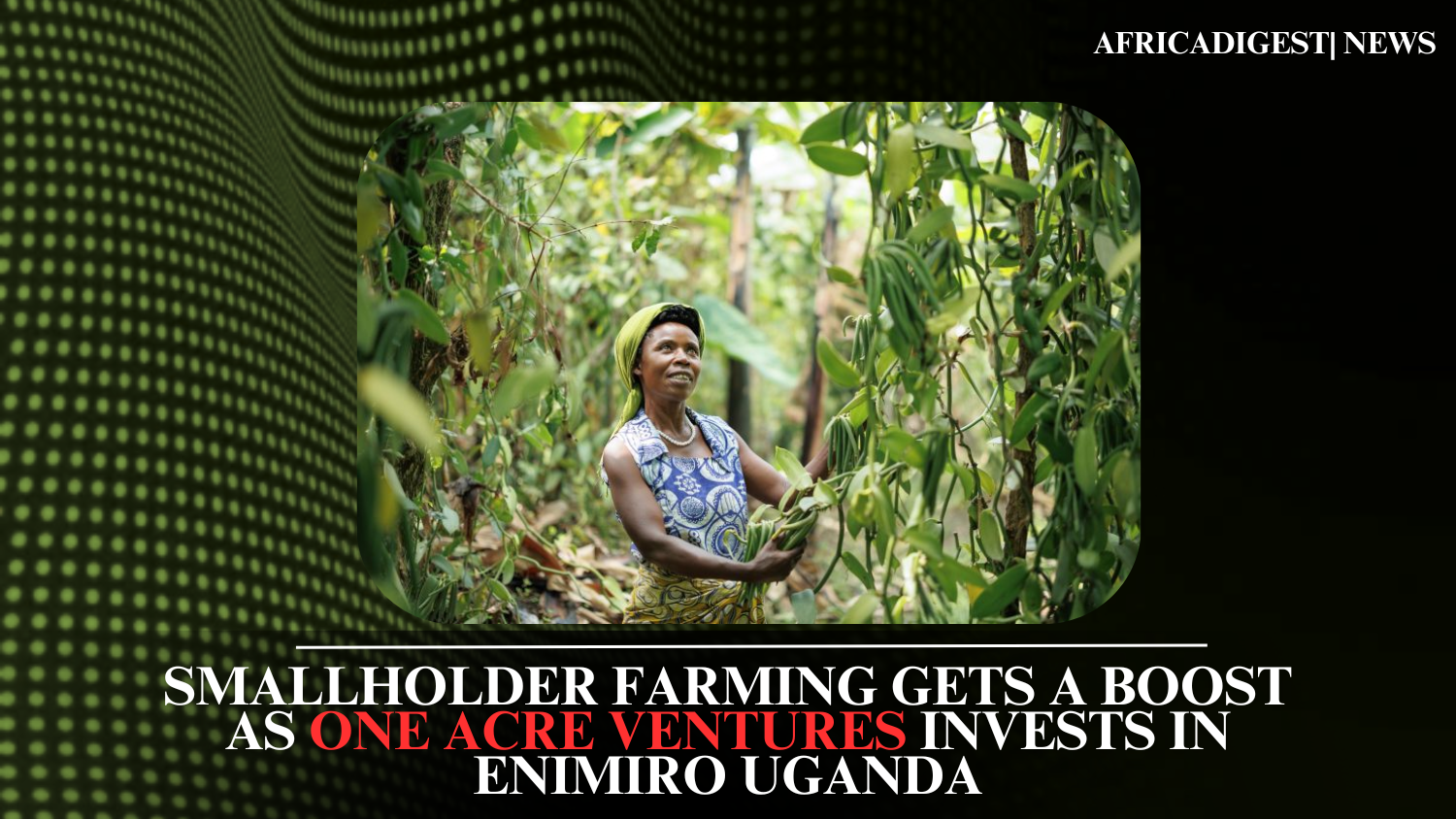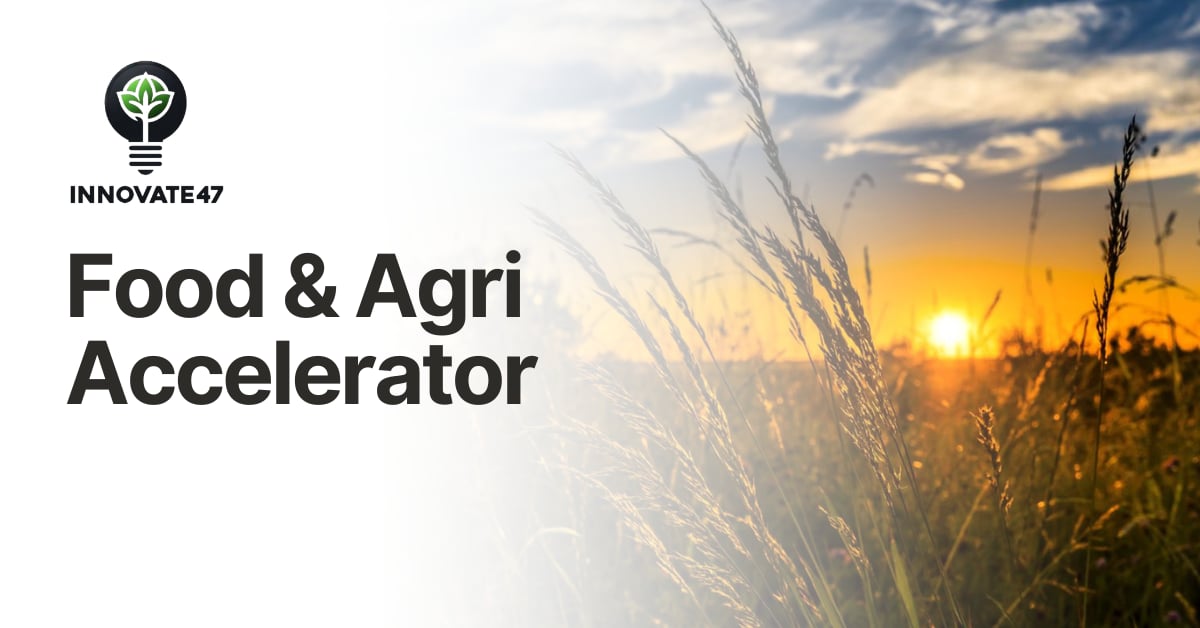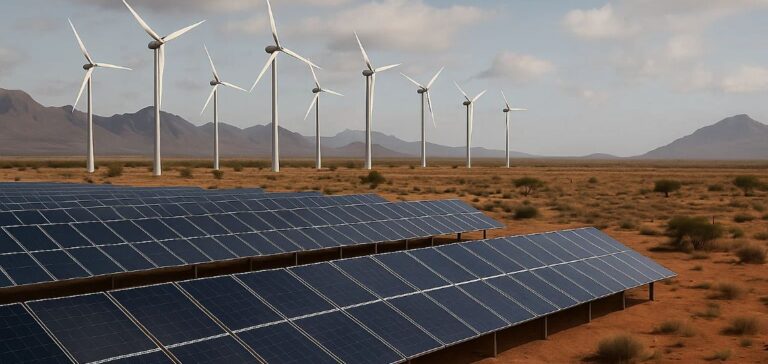Kenya’s Farm to Feed has secured $1.5 million in seed funding to scale its innovative B2B platform that rescues surplus produce from smallholder farmers.
With backers including Delta40 Venture Studio and Catalyst Fund, the agritech aims to tackle $1.5 billion in annual food losses while building a new model for climate-smart trade in Africa.
From Farm Gates to Fork: The Farm to Feed Story
Founded in 2021 by Claire van den Berg, alongside co-founders Anouk Boertien and Zara Benosa, Farm to Feed was born from a simple yet powerful realisation: “imperfect” doesn’t mean inedible.
While volunteering in Kenya’s farmlands, the team saw how tonnes of good produce, including bent carrots, misshapen tomatoes, and surplus bananas, were discarded daily, deepening food insecurity and farmer poverty.
Their response was to build a B2B digital platform that connects smallholder farmers directly to buyers such as restaurants, hotels, and food processors.
The model is elegantly circular: Farm to Feed aggregates surplus and cosmetically imperfect produce, grades and packages it, then distributes it to bulk buyers via a data-enabled logistics network. The result?
- Farmers earn 20–30% more per kilogram than traditional markets.
- Buyers secure steady, affordable supply chains.
- The planet benefits as food waste is diverted from landfills, cutting methane emissions and supporting climate resilience.
It’s market economics meeting environmental stewardship, and it works.
The Funding Round That Packs a Punch
The $1.5 million round, verified via Delta40 Venture Studio and Farm to Feed’s official channels, includes $1.27 million in equity led by Delta40, with participation from:
- DRK Foundation (Draper Richards Kaplan)
- Catalyst Fund
- Holocene
- Marula Square
- 54 Collective (formerly 54Co)
- Levare Ventures
- Mercy Corps Ventures
An additional $230,000 in non-dilutive grants came from DEG’s develoPPP Ventures, which supports high-impact African startups.
Building on its $1 million pre-seed (2024), this round marks the company’s transition from proof-of-concept to regional scale-up. Since inception, Farm to Feed has:
- Onboarded 6,500+ smallholder farmers (most of them women-led households)
- Sold 2.1 million kilograms of surplus produce
- Achieved 100% year-over-year revenue growth
- Prevented 247 tonnes of CO₂-equivalent emissions
These figures, cross-checked against Catalyst Fund and Mercy Corps Ventures reports, reflect real impact boosting incomes, reducing waste, and enhancing food security across Kenya’s rural economy.
READ ALSO:
How nextProtein’s €18M Series B Is Building Africa’s Largest Insect Protein Plant
Scaling Impact: What’s Next
Armed with fresh capital, Farm to Feed plans to expand across Kenya’s key farming belts (Meru, Nakuru) while piloting entry into Uganda and Tanzania.
The company is also upgrading its AI-powered logistics platform for smarter forecasting and integrating blockchain-based traceability, expected to cut delivery times by up to 50%.
A major new focus: value addition. The startup will launch semi-processed products such as dried fruits and vegetable purees, unlocking 2–3x higher returns for farmers and meeting urban demand for nutritious, sustainable food.
“This funding is about building regenerative food systems,” said Claire van den Berg, CEO. “We’re reimagining supply chains to be rescued, resilient, and value-driven, benefiting farmers, consumers, and the climate alike.”
Maelis Carraro, Investment Director at Catalyst Fund, added:
“Farm to Feed masterfully turns inefficiencies into opportunities, merging climate adaptation, inclusive growth, and food security. It’s a blueprint for scalable impact in African agritech.”
The Bigger Picture: Africa’s Green Agritech Wave
Farm to Feed’s raise arrives amid a surge in climate-smart agritech. According to Partech Africa’s 2024 report, the sector attracted $1.4 billion in funding, up 35% year-on-year, with sustainability-led startups leading the charge.
Across the continent, players like ThriveAgric (Nigeria) and Aerobotics (South Africa) are demonstrating that technology can bridge Africa’s $1 trillion agricultural financing gap.
Yet, Farm to Feed stands out for its hyper-local waste-to-value focus, a model built on circularity and inclusion.
Still, challenges persist: limited infrastructure, fragmented markets, and the fact that Africa receives just 1% of global climate finance. But momentum is shifting.
The African Development Bank has pledged $3 billion for agritech by 2026, and investors are increasingly backing solutions that empower smallholders (95% of African farmers).
Closing the Loop on a Regenerative Future
For Kenya, where food inflation hit 12% in mid-2025 amid El Niño aftershocks, Farm to Feed isn’t just a startup; it’s a signal. A signal that sustainable agritech can deliver profitability and resilience.
By turning “ugly” produce into opportunity, the company is closing the loop between food security, farmer prosperity, and climate action.
As one Embu farmer put it, “We used to throw away what now feeds families.”
That’s the transformation taking root across African soil.
Farm to Feed Kenya: Turning Food Waste into Opportunity
Farm to Feed in Kenya is an agritech startup tackling food loss by connecting farmers, markets, and consumers through its digital platform and Farm to Feed login app.
Based in Nairobi, Kenya, the Farm to Feed Kenya location supports sustainable sourcing by collecting surplus produce and redistributing it to processors and retailers via the Farm to Feed shop.
The company has attracted significant Farm to Feed funding from impact investors focused on climate action and circular agriculture. Those seeking Farm to Feed jobs can find roles in logistics, tech, and sustainability.
It’s distinct from Farm Feeds Ltd, which deals in animal nutrition. For contact or partnership enquiries, visit the official Farm to Feed location in Nairobi or its digital channels.
Ronnie Paul is a seasoned writer and analyst with a prolific portfolio of over 1,000 published articles, specialising in fintech, cryptocurrency, climate change, and digital finance at Africa Digest News.






